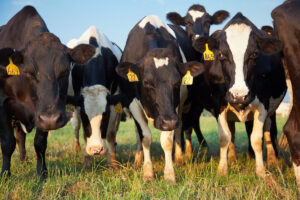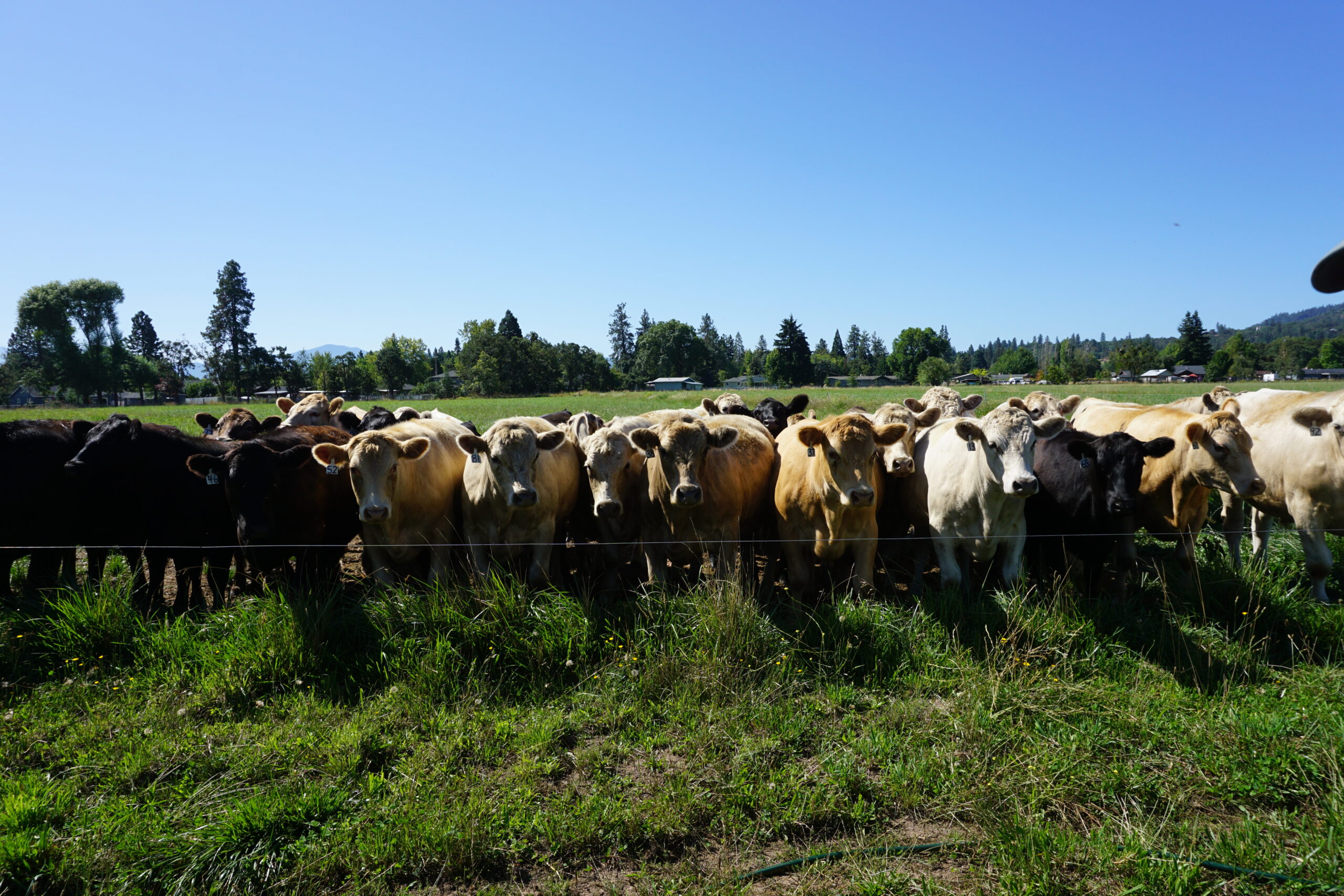This bill represents years of work for FoFF, the Stand Up to Factory Farms Coalition and other groups/individuals around the state that are concerned about the industrialization of our agricultural system. FoFF has been asking for a pause on the proliferation of factory farms for many years. The risks to the community food systems, processing infrastructure, contamination of our working lands, improper water use in times of growing scarcity, and community concerns made it clear that we needed to speak up for the future of farming in Oregon. We were part of previous efforts to pause the permitting of new Large Tier 2 dairy CAFOs in previous sessions. This was in large part because of the continued nitrate poisoning that has been present in Morrow County for decades and escalated to an emergency this year. We had focused on dairy because the 2008 Dairy Air Task Force recommendations were never put into practice. When Foster Farms started to target the Willamette Valley as a home for gigantic chicken barns (many with sites only feet from residences, schools, churches, and other community gathering places, as well as important habitat and water supplies) we joined in with the local groups to call for common sense community protections from these facilities. So we expanded the campaign to include all species of livestock this year! Although this bill is not everything we wanted it to be, none of our previous bills have ever made it out of committee so any progress is a victory! We know this is only the beginning, but this bill is worth celebrating.
This bill (with its counterpart in the House HB2667 which did not end up moving forward) was introduced as a moratorium on new Large Tier 2 CAFO permits in the state. There were many amendments over the course of this bill’s life, see them all here. This began as a proposed 8 year pause on issuing new permits to the largest confinement based livestock facilities in the state (see the text in the -1 amendment). We were quickly told by industry opposition that there was no chance for a moratorium. We needed to come up with concrete changes that we wanted to see made to the system. Although this process was intended to be conducted during the moratorium to allow for thoughtful debate and research, we dove in to propose changes to protect Oregon Farms. This was the -5 amendment. Opposition to our proposed changes was strong. In order to bring some key dairy industry groups to neutral on the proposal (they would never support more regulation on any of their farms), our legislative champions found compromises to get this bill over the finish line.
What SB 85 does:
- Implements a 5 year restriction on the stockwater exemption (12,000 gal/day) for new CAFO facilities (new meaning there has never been a CAFO there before).
- Requires a land use compatibility statement from the county authorities for new applications, which could include setbacks from residences, schools, and community gathering places. This is up to county discretion.
- Requires some farms receiving and applying manure from CAFOs to file a Nutrient Application Permit with ODA and provide the permit number to CAFO permit holders. This only applies to farms applying CAFO manure within an active groundwater management area.
- Makes permanent some of the newest requirements for new CAFO permits from ODA including two-step inspection before animals can be present, water supply plans, and more. These were new initiatives in 2023 from ODA in response to the groundwater emergency in Morrow County.
This is only the beginning. This proposal is a significant step forward And we are grateful for the hundreds of farmers and rural residents who showed legislators that industrial ag does not speak for rural Oregon on this topic. You made the difference and you are the reason we have made progress. But we are poised to make more meaningful change. We need a permanent solution to the abuse of the stock water exemption by factory farms. We need to address air quality concerns. We need actual groundwater testing requirements and permit remission when harm is caused to prevent another situation like what the Oregonians in Morrow County are facing. This was a step forward, but it is also the beginning of a road to a truly responsible future for Oregon Agriculture.

This bill will not do everything we want it to and it will not solve the problem.
This is the beginning of addressing a complex system.
FoFF is committed to being present through the rest of the amendment process and the rulemaking that comes after to ensure that this legislation does what it is intended to: protect our land and water resources, rural communities, and small farms from the destruction caused by consolidation and proliferation of industrial agriculture.

